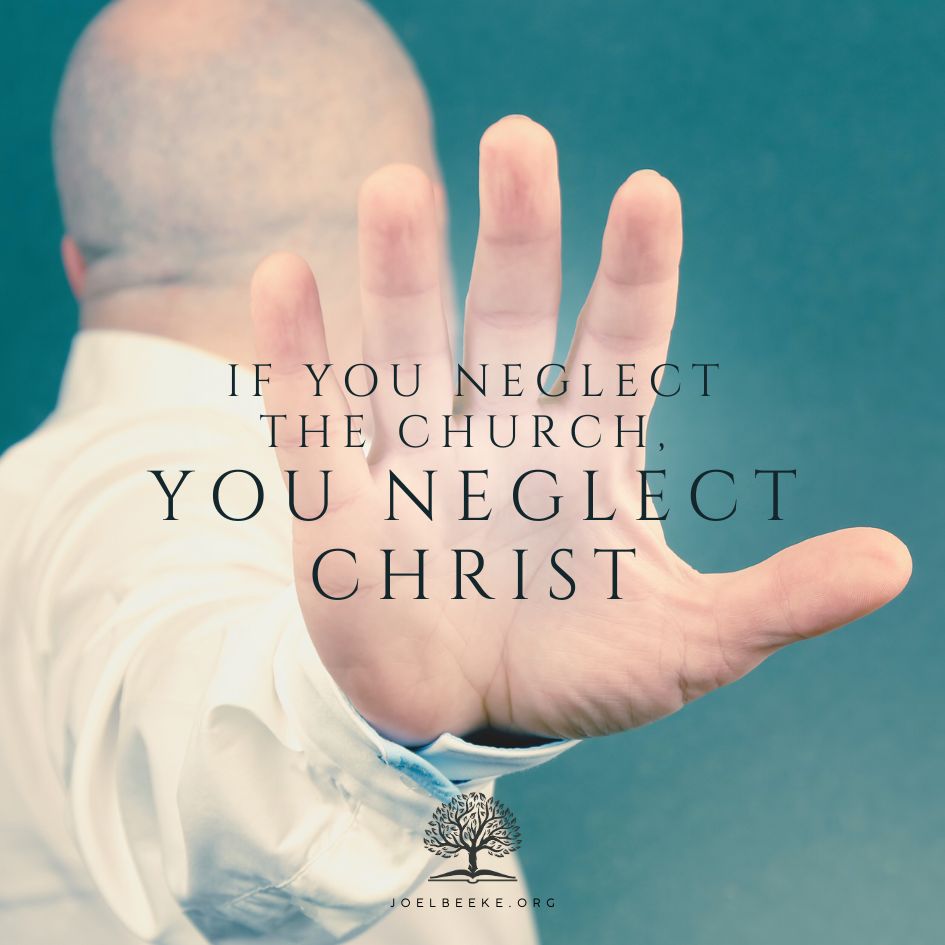
Reason #12: Calvin models for us a proper recognition of the importance of education—especially seminary training, which is the backbone of the Christian enterprise (2).
David Hall provides an apt summary of this point:
Calvin broke with medieval pedagogy that limited education primarily to an aristocratic elite. His academy, founded in 1559, was a pilot in broad-based education for the city….
Calvin’s academy, which was adjacent to St. Pierre Cathedral, featured two levels of curricula: one for the public education of Geneva’s youth (the college or schola privata) and the other a seminary to train ministers (schola publica).1E. William Monter, Calvin’s Geneva (New York: John Wiley & Sons, 1967), 112. The schola privata began classes in the fall of 1558, and the schola publica commenced in November 1558. One should hardly discount the impact that came from the public education of young people, especially in a day when education was normally reserved only for aristocratic scions or for members of Catholic societies. Begun in 1558,2Public records for January 17, 1558, refer to the establishment of the college, with three chairs (theology, philosophy, Greek). See Henry Martyn Baird, Theodore Beza, the Counsellor of the French Reformation, 1519–1605 (New York: G. P. Putnam’s Sons, 1899), 104. with Calvin and Theodore Beza chairing the theological faculty, the academy building was dedicated on June 5, 1559, with 600 people in attendance in St. Pierre Cathedral. Calvin collected money for the school, and many expatriates donated to help its formation. The public school, which had seven grades, enrolled 280 students during its inaugural year, and the academy’s seminary expanded to 162 students in just three years. By Calvin’s death in 1564, there were 1,200 students in the college and 300 in the seminary. Both schools, as historians have observed, were tuition-free and “forerunners of modern public education.”3See Donald R. Kelley, Francois Hotman: A Revolutionary’s Ordeal (Princeton: Princeton University Press, 1973), 270. Few European institutions ever saw such rapid growth.4David W. Hall, The Legacy of John Calvin (Phillipsburg, N.J.: P & R Publishing, 2008), 13–14.
The Geneva Academy had a critical role in sending missionaries all over Europe to proclaim the gospel and to organize Reformed churches. Philip Hughes writes:
Calvin’s Geneva was something very much more than a haven and a school. It was not a theological ivory tower that lived to itself and for itself, oblivious to its responsibility in the gospel to the needs of others. Human vessels were equipped and refitted in this haven…that they might launch out into the surrounding ocean of the world’s need, bravely facing every storm and peril that awaited them in order to bring the light of Christ’s gospel to those who were in the ignorance and darkness from which they themselves had originally come. They were taught in this school in order that they in turn might teach others the truth that had set them free.5Philip Hughes, “John Calvin: Director of Missions,” in The Heritage of John Calvin, ed. John H. Bratt (Grand Rapids: Eerdmans, 1973), 44.
Influenced by the academy, John Knox took the evangelical doctrine back to his native Scotland; Englishmen were equipped to lead the cause in England; Italians received what they needed to teach in Italy; and Frenchmen (who were the bulk of the refugees in Geneva) were trained to spread Calvinism to France.
Calvin’s convictions about education were so influential during his lifetime that the Heidelberg Catechism (1563), a thoroughly Calvinist document, listed as God’s first requirement for keeping the Sabbath holy the need to financially support the ministry and theological schools (Q. 103). Would we have listed this as the first item God requires in keeping the fourth commandment? Calvin and those whom he influenced gave seminaries priority because they realized that without them, there would be no solid training of ministers or missionaries. Calvin reminds us that seminaries are the backbone of the church and the entire enterprise of God’s kingdom on earth. Considering that Calvin’s seminary, and nearly every sound Reformed seminary established since then, abandoned its biblical and Reformed moorings and became liberal within several generations after its founding, do we not have all the more reason today to support the few sound seminaries that exist with earnest prayer and generous giving?
Excerpt from
Calvin for Today
By Joel Beeke







